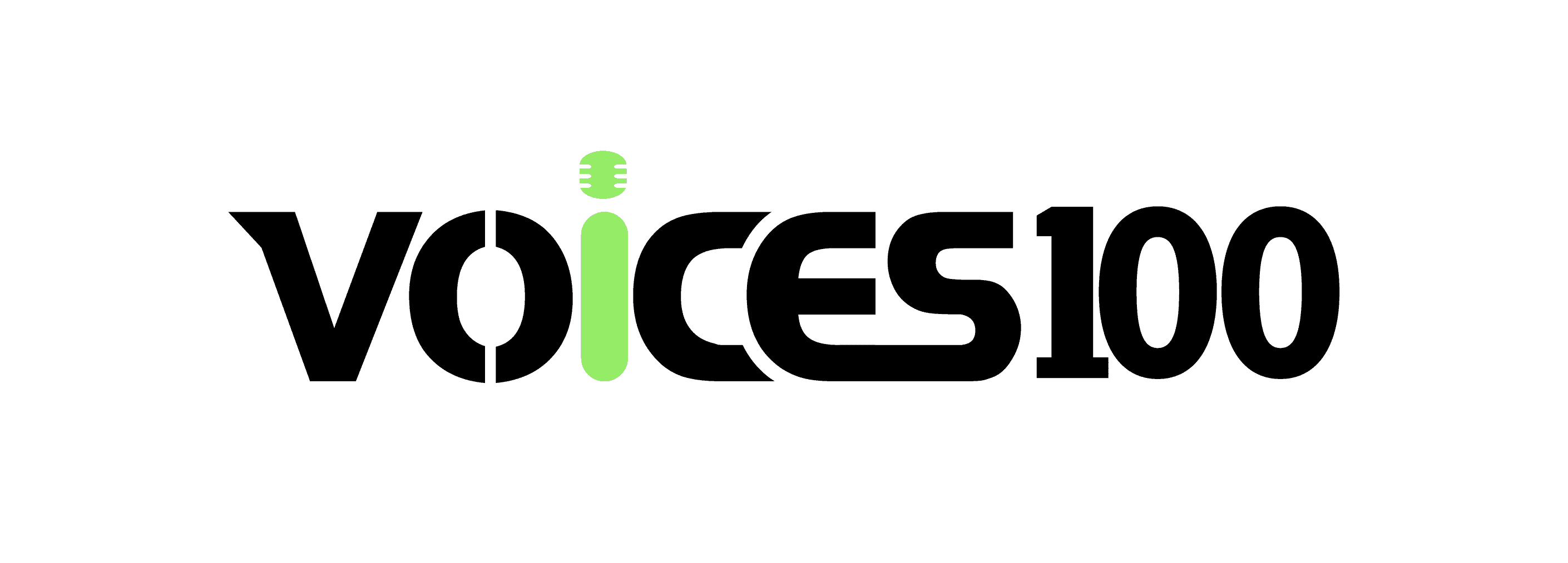location:
Reports
>
Does short video dubbing clip involve infringement? Rights Boundary and Legal Interpretation
Does short video dubbing clip involve infringement? Rights Boundary and Legal Interpretation
Does short video dubbing clip involve infringement? Boundary of Rights and Interests and Legal Interpretation In the current digital age, short video platforms have sprung up like mushrooms after rain. Among them, dubbing and editing, as a popular creative method, has attracted the attention of a large number of users. However, with that came concerns about the involvement of copyright infringement. This article will discuss whether dubbing and editing of short videos involves infringement from the two aspects of rights and interests boundary and legal interpretation.
Boundary of rights and interests Before discussing whether short video dubbing clips involve infringement, we first need to clarify the boundaries of rights and interests. Short video dubbing clips combine original video and audio, and convey new ideas and expressions by adjusting audio content or sound effects. It can increase the fun and attraction of viewing, and bring more attention and fans to the author.
However, when dubbed clips involve the use of someone else's original audio or clips, copyright infringement issues may arise. Legally, all works are copyrighted, both audio and video. When using someone else's original audio in a dubbed clip, the original author's copyright rights need to be considered.
Legal Interpretation According to the relevant provisions of the Copyright Law, the use of other people's original audio without the authorization of the original author is an infringement. Regardless of commercial or non-commercial use, prior permission from the original author or payment of copyright fees is required.
However, in practice, the doctrine of fair use can be adopted for interpretation. Fair use refers to the use of other people's original audio in a non-commercial manner in order to express one's own creativity and opinions under the premise of abiding by copyright law, without causing economic loss to the original author.
In addition, the law regulates behaviors such as citation, reprinting and transforma<
Boundary of rights and interests Before discussing whether short video dubbing clips involve infringement, we first need to clarify the boundaries of rights and interests. Short video dubbing clips combine original video and audio, and convey new ideas and expressions by adjusting audio content or sound effects. It can increase the fun and attraction of viewing, and bring more attention and fans to the author.
However, when dubbed clips involve the use of someone else's original audio or clips, copyright infringement issues may arise. Legally, all works are copyrighted, both audio and video. When using someone else's original audio in a dubbed clip, the original author's copyright rights need to be considered.
Legal Interpretation According to the relevant provisions of the Copyright Law, the use of other people's original audio without the authorization of the original author is an infringement. Regardless of commercial or non-commercial use, prior permission from the original author or payment of copyright fees is required.
However, in practice, the doctrine of fair use can be adopted for interpretation. Fair use refers to the use of other people's original audio in a non-commercial manner in order to express one's own creativity and opinions under the premise of abiding by copyright law, without causing economic loss to the original author.
In addition, the law regulates behaviors such as citation, reprinting and transforma<
Related recommendations

 公安备案号:44030702004751
公安备案号:44030702004751